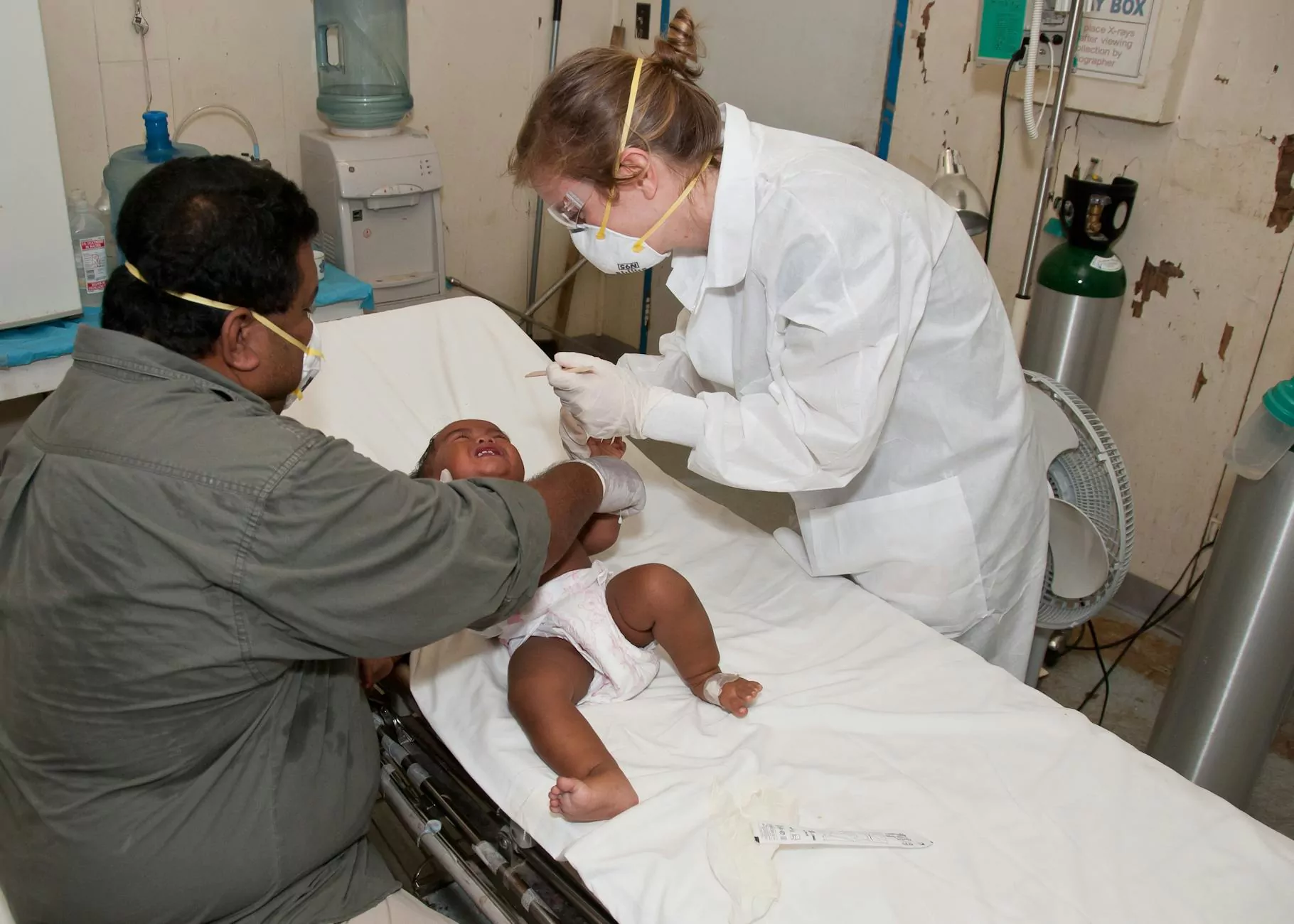Pediatricians Say No to Spanking
Piedmont HealthCare
The Importance of Positive Discipline Methods
As a responsible parent, it's essential to understand the impact of discipline on your child's development. Traditional disciplinary practices like spanking have garnered significant attention in recent years. Pediatricians and child development experts now advocate for alternative strategies that promote positive behavior and foster healthy parent-child relationships.
What is Spanking?
Spanking is a form of physical punishment that involves striking a child on the buttocks with an open hand. While it has been a widely used disciplinary method in the past, numerous studies have shown its negative effects on children.
The Effects of Spanking on Children
Research has revealed various undesirable outcomes associated with spanking:
- Aggression: Spanking has been linked to increased aggression in children, leading to behavioral issues both at home and in social settings.
- Mental Health: Children who experience corporal punishment are more likely to develop mental health issues, such as anxiety and depression.
- Lower IQ: Studies have shown a correlation between spanking and lower cognitive abilities, which can hinder academic and intellectual growth.
- Parent-Child Bond: Spanking can damage the trust and emotional connection between parents and children, affecting long-term relationships.
Positive Discipline Alternatives
Thankfully, pediatricians and child development experts offer a range of positive discipline alternatives that prioritize understanding, empathy, and effective communication. These methods promote healthy emotional development and foster a supportive environment:
- Positive Reinforcement: Rewarding good behavior encourages children to repeat positive actions while enhancing their self-esteem.
- Time-outs and Time-ins: Providing a brief period of reflection (time-out) or engaging in a calm discussion (time-in) can help children learn from their mistakes and develop self-control.
- Setting Clear Boundaries: Clearly defined rules and expectations give children a sense of structure and security.
- Effective Communication: Encouraging open dialogue, active listening, and conflict resolution techniques builds trust and strengthens the parent-child bond.
- Modeling Positive Behavior: Children learn by example, so demonstrating kindness, empathy, and problem-solving skills sets the foundation for their own behavior.
Bowling Orthopaedics: Your Trusted Pediatric Healthcare Partner
At Bowling Orthopaedics, we understand the importance of providing comprehensive healthcare for your child, including guidance on discipline methods. Our team of experienced pediatricians is committed to promoting holistic approaches to parenting and child development.
As a leading healthcare provider in the field of pediatric care, our mission is to ensure the physical, emotional, and psychological well-being of your child. We offer a wide range of pediatric services, including routine check-ups, vaccinations, and consultations on behavioral concerns.
When it comes to parenting, making informed decisions is crucial. Trust the expertise of our pediatricians at Bowling Orthopaedics to guide you through the various aspects of child development and provide you with the support you need.
Contact Us
To learn more about positive discipline methods or to schedule an appointment with one of our pediatricians, please contact Bowling Orthopaedics today. Our friendly staff is ready to assist you.
Address: 123 Main Street, YourCity, State, ZIP
Phone: 555-123-4567
Email: [email protected]










